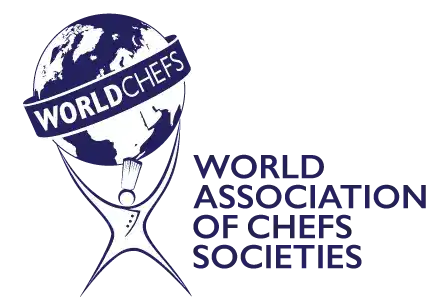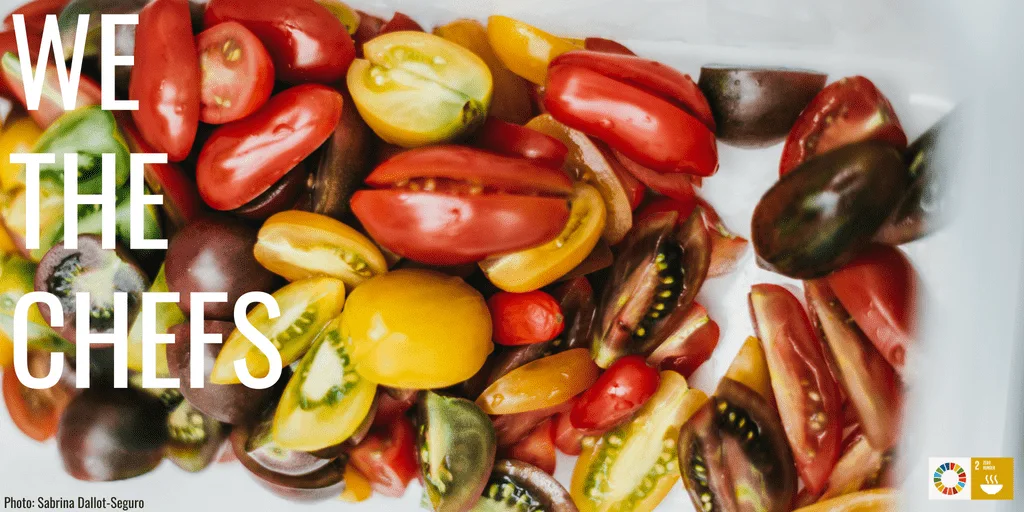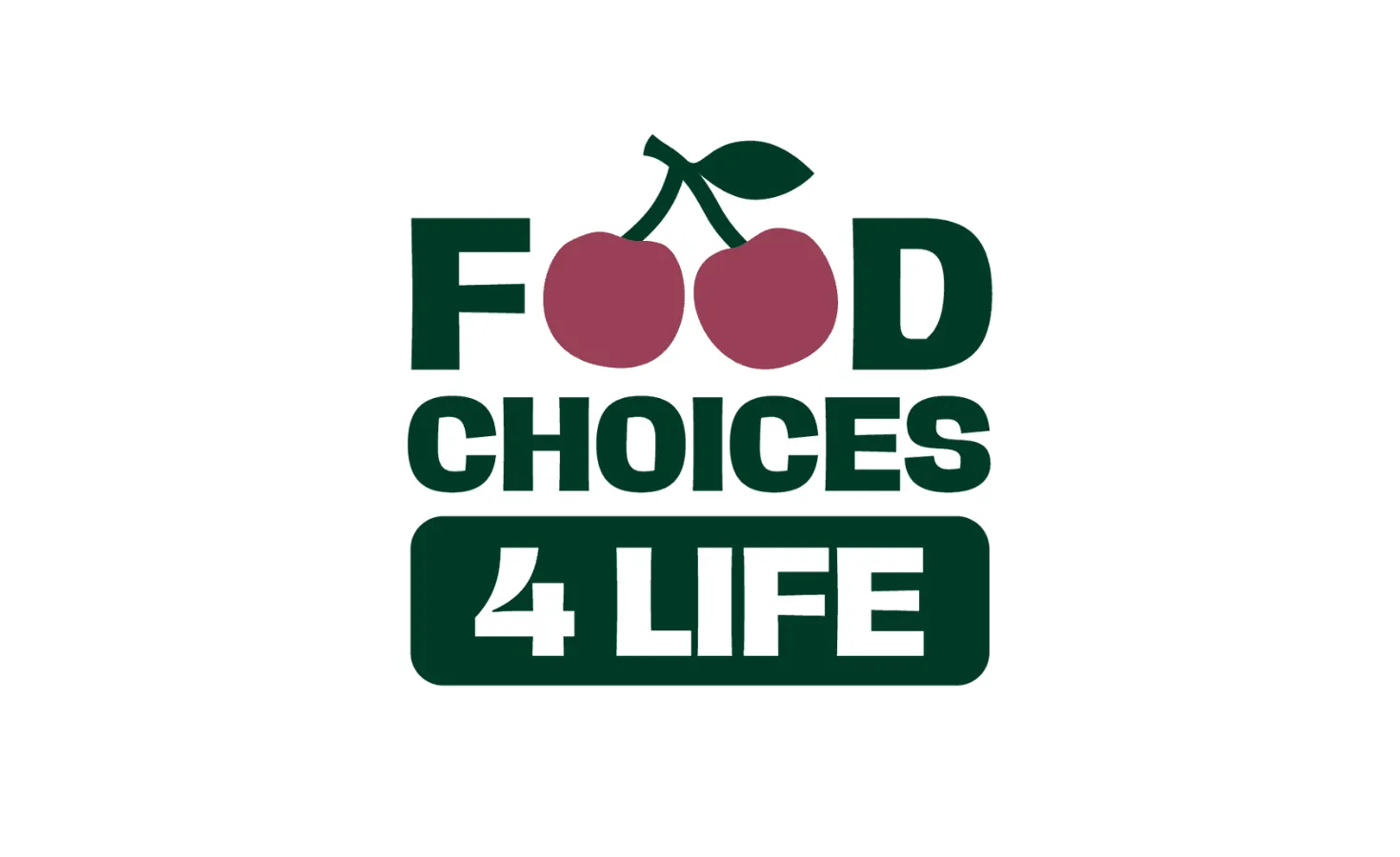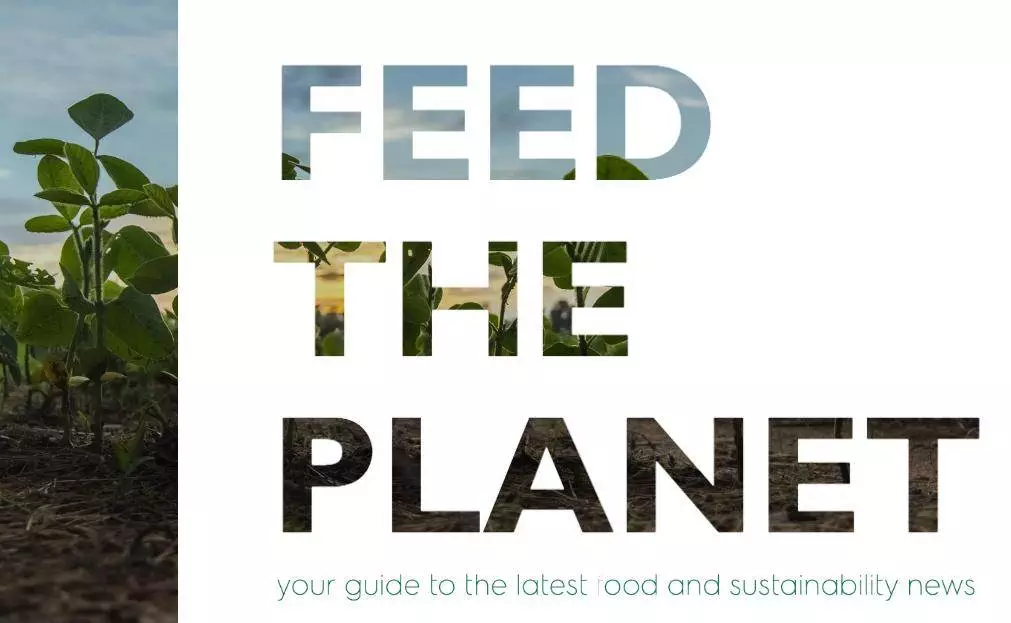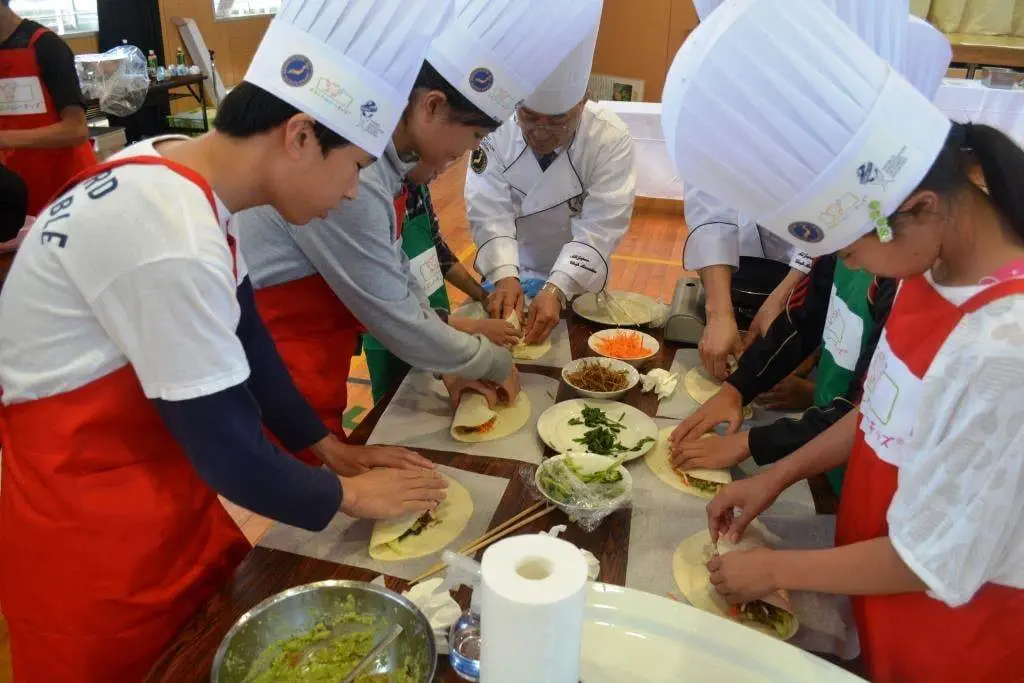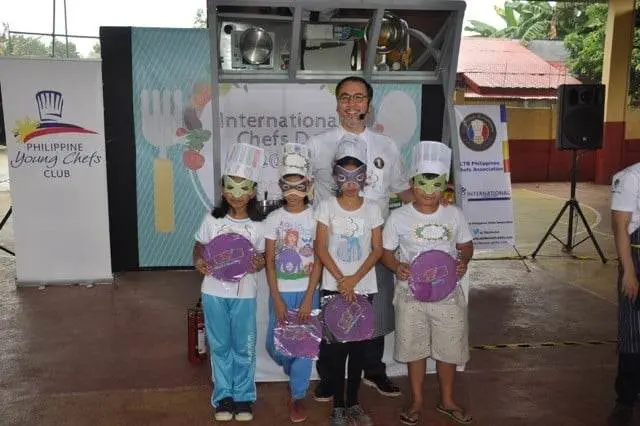Chefs’ As Agents of Change: Why chefs must mobilise together to collectively change global food systems
Original post: https://sdg2advocacyhub.org/chefs-manifesto/chefsagents
The UN Food Systems Summit (UNFSS) will be convened by UN Secretary-General António Guterres in September 2021. The purpose is to shape global commitments and to raise global awareness of food systems, that they might be transformed in order to reduce diet-related diseases, resolve hunger, and restore planetary health. The Secretary-General is calling all citizens to collective action, so as to “radically change the way we produce, process, transport, market and consume food”.
As agents of change, and to drive action, chefs need to come together in one collective, connected voice. The Chefs’ Manifesto network is taking a leading role to further focus and narrow the SDG roadmap for chefs, as well as bridging and connecting across chef networks. This has been motivated by the upcoming UN Food Systems Summit, and the urgent need to generate actions to be able to achieve the SDGs by 2030.
Through conducting a survey, the aim is to learn from participants, what the top priorities are for 2021 and the Decade of Action, the results of which will inform the creation of a Chefs’ Pledge. This Pledge will be a commitment to key practical priorities that can have the greatest impact to enact change.
It will aim to create collective momentum to rally greater attention and engagement of chef food systems champions, mobilising them even further as agents of change, at key global events, and especially at the upcoming UN Food Systems Summit.Complete the Chefs’ Pledge Survey here!
The Chefs’ Manifesto interviewed several key chef network partners, to gain further insight into food systems challenges and how chefs can play a role as agents of change. Their responses are documented below.
What do you see as the greatest threat to global food systems?
Elaine McCarthy – The biggest threat is lack of action. Communication and education are essential to creating a food system which serves all people with integrity. There are many threats against the food system. A holistic approach must be taken to ensure food is grown in healthy soils and oceans, food processing systems which produce highly nutritional ingredients, fair treatment and pay to farmers and people within the system, access to seeds, respect to the climate and natural ecosystems, global food distribution to name a few.
Nicola Gryczka – Our consumer behaviours and choices are the biggest threat: wasting food, not understanding where our food comes from and what is behind it, as well as not understanding the impact our choices have on our own body, society and the planet.
Chef Ann Cooper – I’m not sure there is one “greatest” threat, but more so many grave ones. Some of the ones that I think are the most concerning are; hunger, climate change, poverty, lack of education for girls in poverty stricken countries, population rise, food waste, ocean pollution and overfishing and soil degradation.
Jian Yi – We regard overconsumption of animal protein in many parts of the world and widespread factory farming as the greatest threat to global food system. Concurrent with this trend is societies’ general inability to act for change as a result of focus on short-term interest both from the consumer end and from the business side.
Ragnar Fridriksson – Intensive agriculture, overuse of antibiotics or fertilisers has taken us into a vicious circle that is polluting our planet and will take decades to mend. As long as basic necessities such as food is traded as a commodity on speculative markets this vicious circle will continue to accelerate. Healthy, sufficient nutrition should be a human right and traded fairly.
Anne Le More – Global food systems both contribute to and are vulnerable to a series of interlinked threats. Climate change, demographic pressures, social inequality and of course pandemics, all force us to rethink our approach to the global production, distribution, and consumption of food. Addressing these threats by moving towards a new food paradigm is a core objective of Chefs 4 The Planet.
The Chefs’ Manifesto encourage chefs to be agents of change: how have you seen chefs in your network seek to change behaviours, attitudes or systems?
Elaine – Our network includes chefs across the industry, those within the restaurant and service industry, current chefs in training, alumni of Le Cordon Bleu and teaching chefs who have been within the food industry for a long time. Over the past 10 years in particular chefs have taken responsibility and gained a deeper understanding of the impact of their decisions, purchasing power and menu planning. Chefs have become innovative and creative in developing new food concepts and business ideas which have positive impact. Young chefs entering the food industry are excited and outspoken on sustainable matters.
Nicola – So many amazing chefs and cooks in our network have stepped it up over the years, from zero water initiatives to job training for those that are being left behind by our current systems, school meal programs for kids. There are other chefs that have dedicated their lives to prisoner reintegration or working with migrants. I would encourage anyone that wants to get inspired to check out our network map.
Chef Ann – School food chefs and culinary professionals have worked hard to replace highly processed food with scratch cooked meals made from whole ingredients. We’ve seen amazing strides in working with local farmers, farm to school programs, school gardens, salad bars and education/marketing campaigns. These initiatives ensure that students, faculty, staff, administration and families understand the symbiotic relationship between our health and that of the planet.
Jian – Chefs are connectors between consumers and producers, and can be messengers and lifestyle coaches and mentors once equipped with the vision for and skills to build a better food system. This is still a fledgeling movement in China but we have seen chefs constantly looking for learning more about the food system, about the Good Food Pledge, about the Chefs’ Manifesto and how best they can play a leadership role in the future.
Ragnar – Ask – Act – Share: Ask – By making sure they are informed and asking the right questions from their purveyors, such as where does the product come from and how was it produced ? Act – Privileging the most sustainable ingredients in their menus with attention to water, energy and waste in their kitchens. Share – Informing and educating their customers about the same.
Anne – Chefs are on the front lines, combining innovation and traditional know-how to emphasise sustainable gastronomy into their menus. These menus, in turn, influence the public’s daily food practices and choices: when restaurateurs emphasise nutrition and biodiversity in their plates, this has positive knock-on effects across the agri-food spectrum.
What role do you believe chefs can play in global food systems transformation?
Elaine – Chefs are vital – they communicate through their menus, how they train their teams in the kitchen, communication on websites, interviews to their customers, every choice a chef makes in choosing ingredients has an impact on the food system.
Nicola – Chefs and cooks have become role models for our food choices and the way we look at food. So for me they play a crucial role of leading by example with their food choices and behaviours when it comes to food. They become spokespeople of the entire value chain.
Chef Ann – Chefs are the protectors and arbiters of the global food system. We’re seen as the experts and hence it is our responsibility to not only protect and enhance a healthy food system but educate and inspire. We work with customers, colleagues, families and elected officials to promote and support our planet and the healthy food system that only exists when we make it our priority.
Jian – We envision chefs playing a central role in transforming the global food systems – they can support practices in food productions and help shape healthy and sustainable consumption.
Ragnar – Chefs are at the centre of the global food system value chain. As expert buyers they can influence producers with their demands and choices. Also as influencers they can educate consumers and incite and help them to make informed choices.
Anne – Chefs play a critical role in transforming global food systems: as direct actors in the production of food, and as educators and influencers. As communicators and educators beyond the restaurant table, chefs also play an increasingly critical role in shaping public opinion: this is why Chefs4ThePlanet leverages their influence to serve as ambassadors of sustainability.
If you could encourage chefs to take one action to promote Good Food for All, what would it be and why?
Elaine – Certainly it would be to be creative and innovative when it comes to menu design to avoid food waste, utilising the whole ingredient.
Nicola – Make your kitchens classrooms! Teach the next generation on how to lead by example making the kitchens of the future more just, inclusive and sustainable workplaces and teach your clients around their choices and how all our behaviours matter.
Chef Ann – I can’t imagine only one action. Our planet and the food system is in crisis and we can’t afford the luxury of only taking one action at a time. My answer is aligned with overcoming the threats I mentioned above; alleviating hunger, poverty, food waste, soil degradation, overfishing as well as elevating girl’s education, contraception and climate change to be major priorities for the global community.
Jian – Please make best use of your amazing culinary talents to encourage people to eat more healthy, diversified and sustainably produced plant-based foods.
Ragnar – Our era is marked with the crises of abundance. Never before has the world produced as much food, but unfortunately 30% of the worlds production goes to waste. Food waste is one of the key areas and an imperative one to mend our broken food system. Stop Waste.
Anne – Commit to sustainability in their daily practice – ideally on all aspects but with some flexibility according to where the chef is located, the type of food he cooks, his/her customers – but the key is to COMMIT and to ACT – whether on responsible sourcing, more plant-based, animal welfare, or energy of resources.
To read the original article, visit sdg2advocacyhub.org/chefs-manifesto/chefsagents.
To take action on sustainability, explore our Feed the Planet programs at www.feedtheplanet.worldchefs.org.
Visit here for more information about how to join the Chefs’ Manifesto network.
